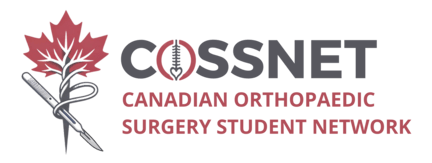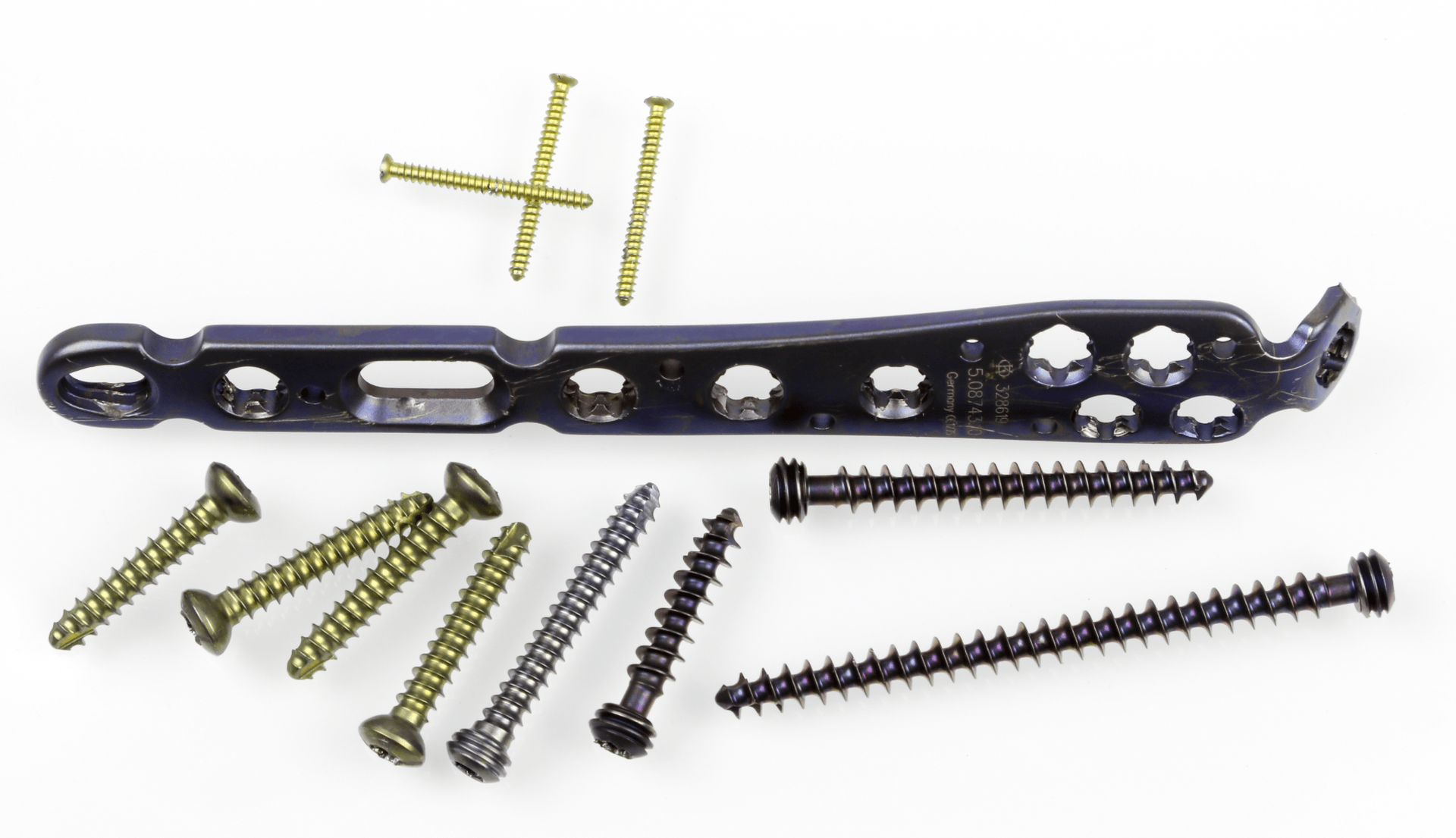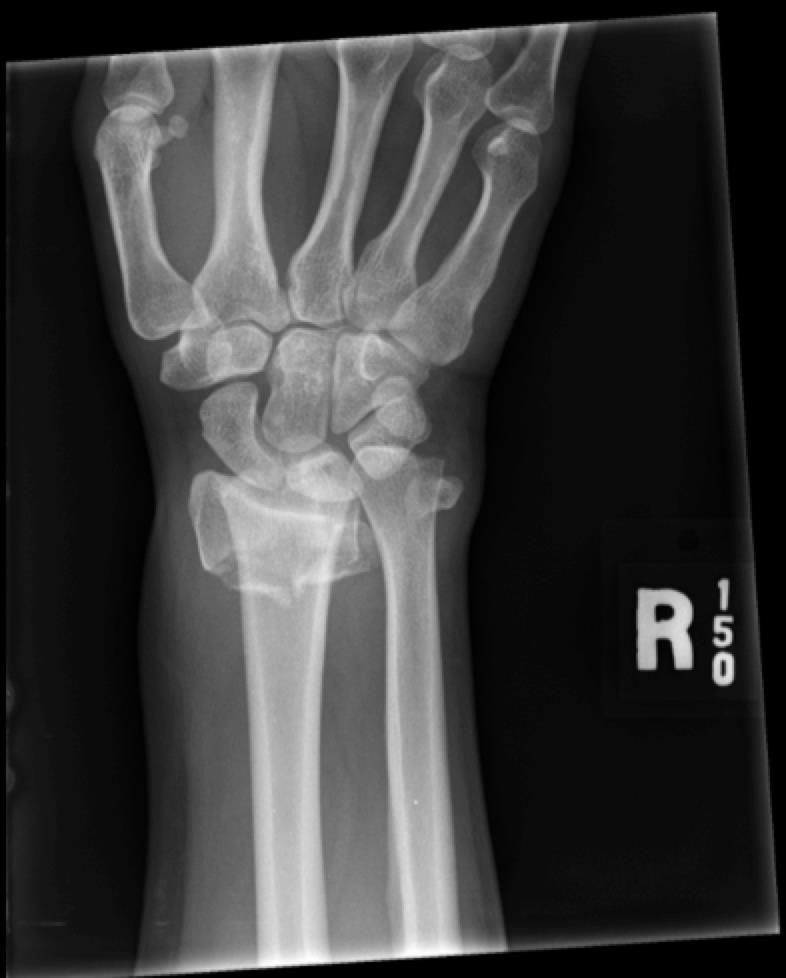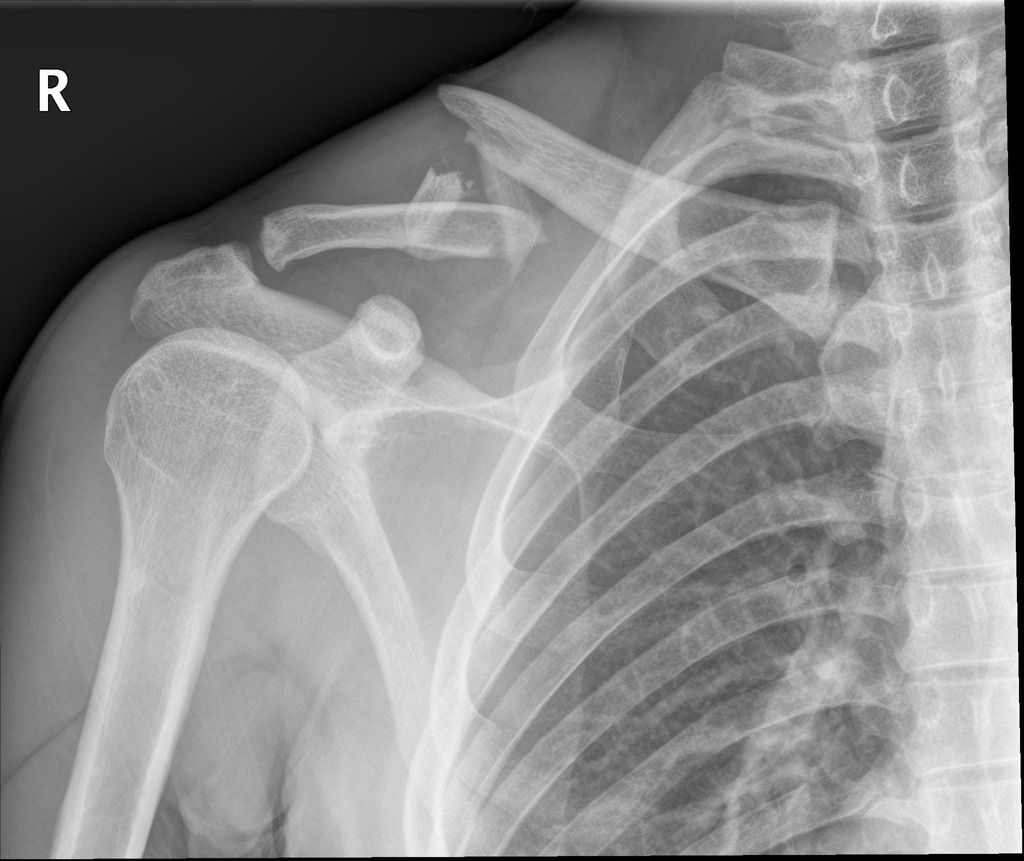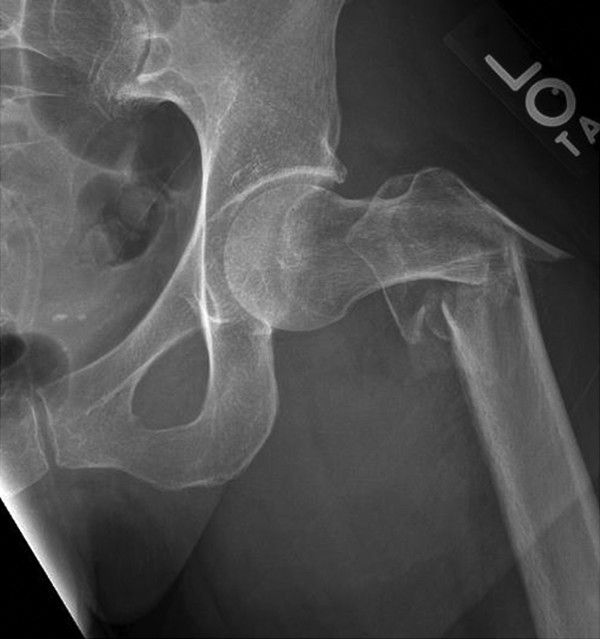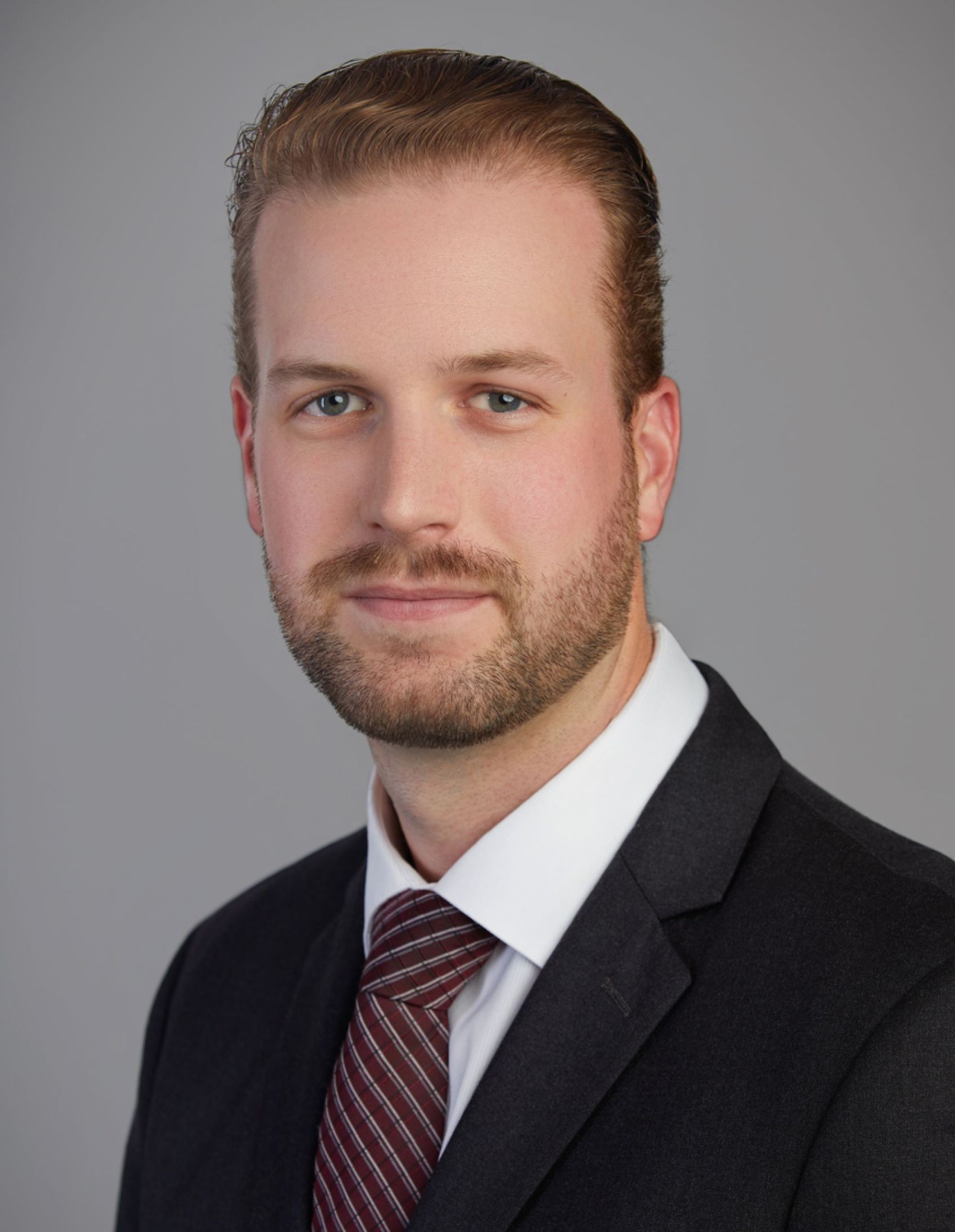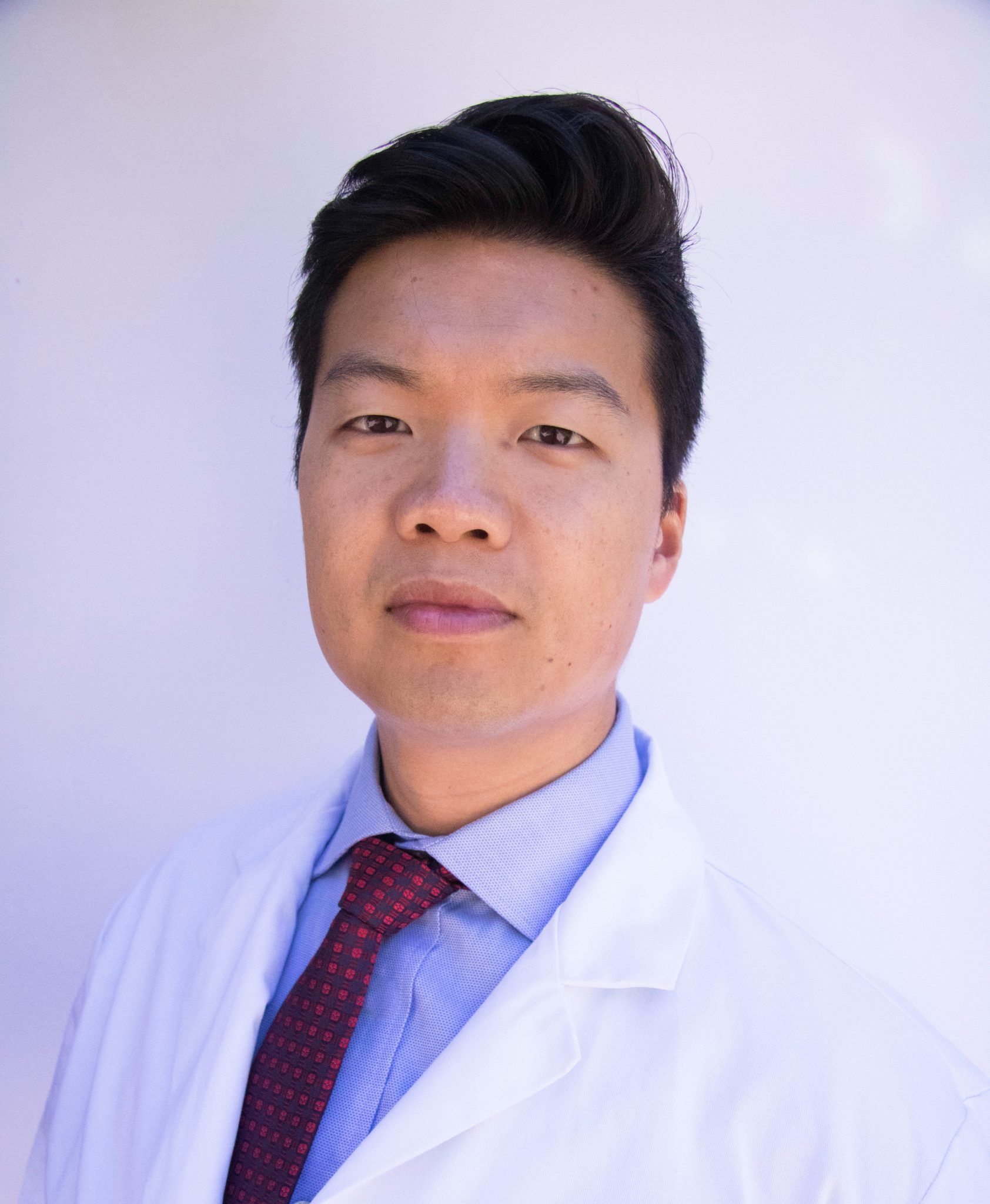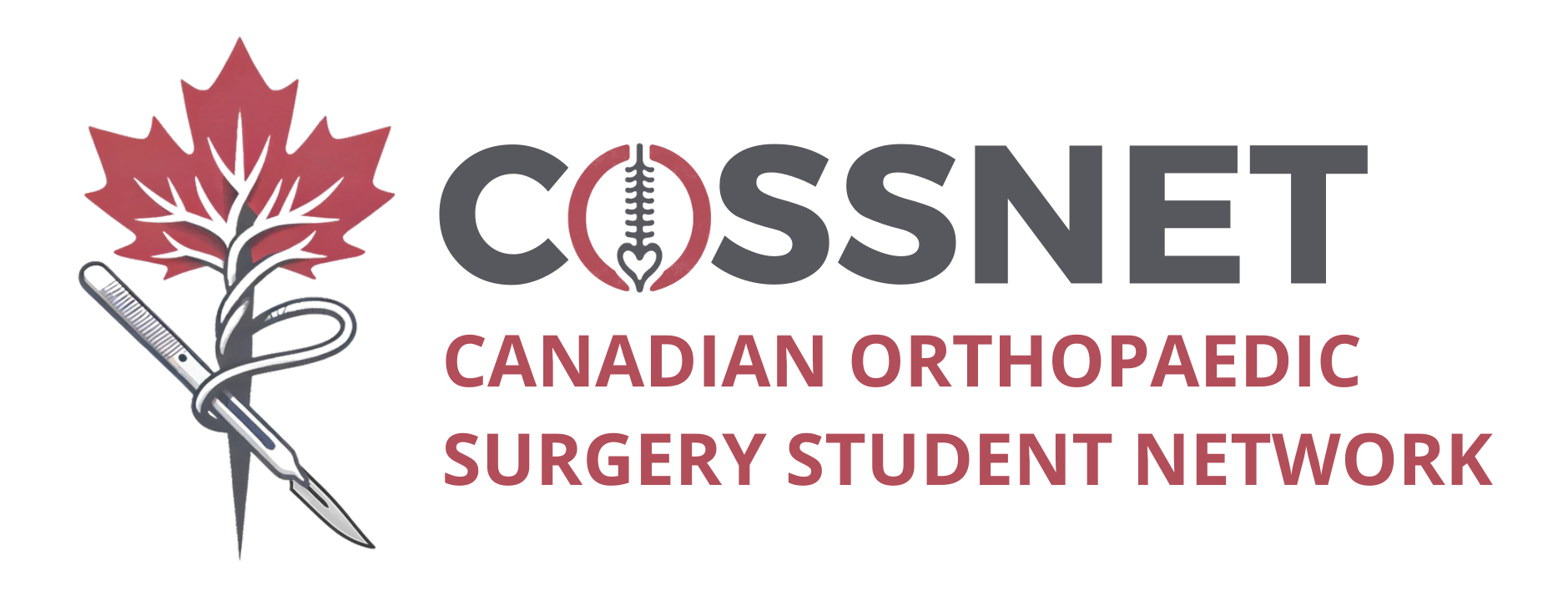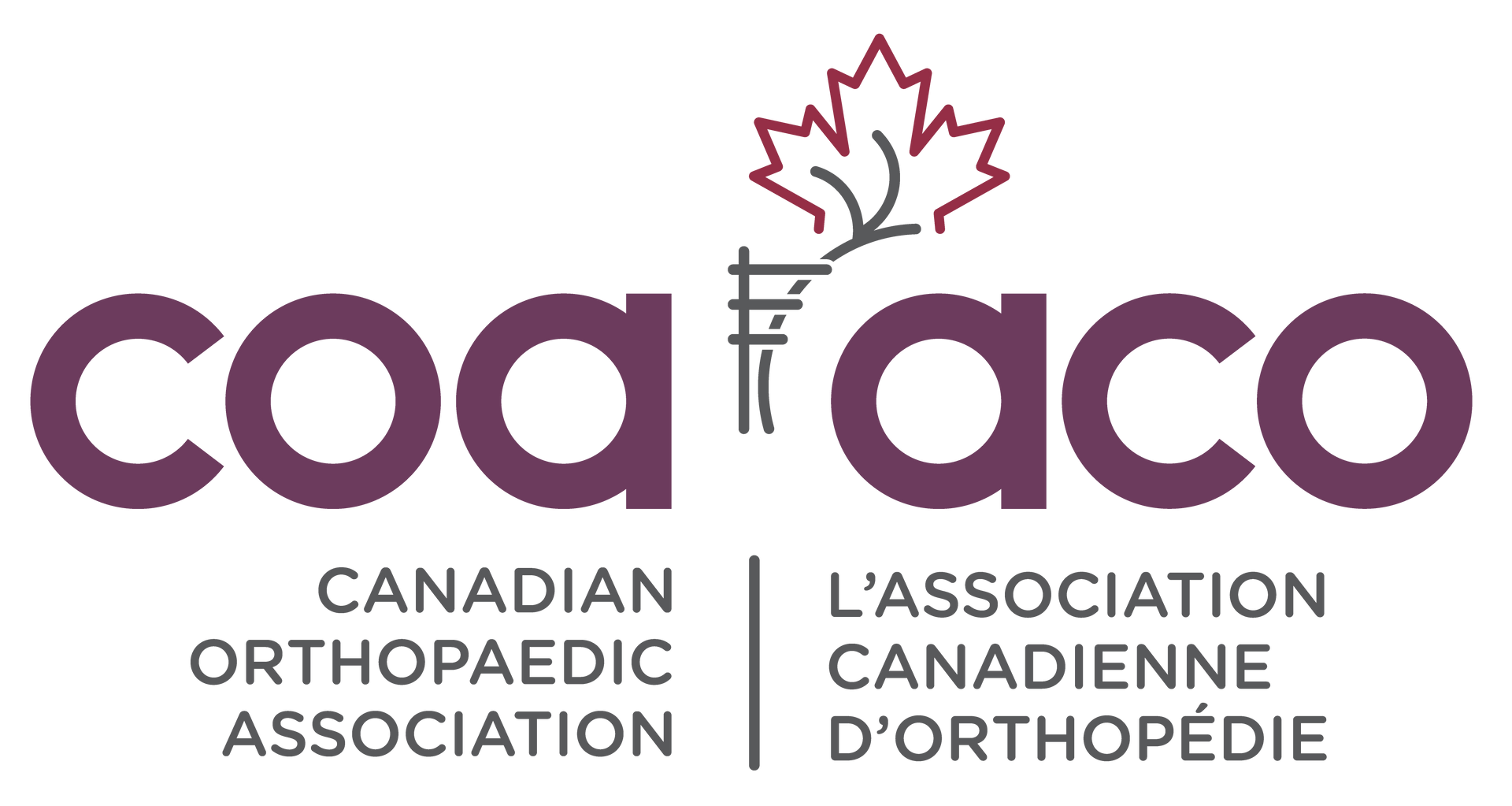
Mastering the principles of Orthopaedic Surgery, one break at a time!
Welcome to the BoneBreak podcast, an innovative educational resource designed by Canadian Orthopaedic Surgery residents and medical students. Our podcast stands as a cornerstone for medical students aiming to excel in their orthopaedic rotations by distilling complex principles into easy-to-understand, high-yield concepts.
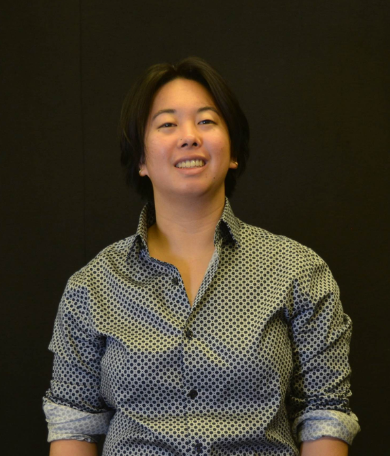
A WORD FROM YOUR HOST
Dr. Kaid van Kampen
BoneBreak is a podcast that was inspired by my own experiences in medical school as I tried to read around cases and learn orthopaedics during electives. I found that orthopaedic medical education is tailored towards residents and attendings, and I did not have the attention span to listen to an hour-long podcast. Some of my favourite teaching moments were when seniors and fellows talked me through a topic in about ten minutes before a case. This podcast seeks to provide medical students with the relevant information needed to excel on their orthopaedic rotations during a quick coffee break, walk or commute. Through case-based learning, this podcast outlines key topics that are relevant to high yield orthopedic contents.
SEASON 1
Special thanks to Dr. Henry Broekhuyse for being our content expert for Season 1 of BoneBreak!
SEASON 2 (COMING SOON)
MEET THE TEAM
The BoneBreak team is comprised of medical students, residents, and attending orthopaedic surgeons, united with the goal of preparing incoming medical students for their orthopaedic electives and core clerkship rotations.
Dr. Kaid van Kampen (they/them)
Kaid is an orthopaedic resident at the University of British Columbia with a passion medical education and health humanities, and of course bones. They’ve been previously feature on Season 5 of The Nocturnists podcast here.
Kaden Shearer
(he/him)
Kaden is a third-year medical student at Queen's University and Co-Director of the COSSNET organization. He has a passion for orthopaedic surgery and medical education.
Anushka Pujari
(she/her)
Anushka is currently a medical student at the Royal College of Surgeons in Ireland. She is passionate about orthopaedics and EDI, and she hopes to continue this during her residency as well.
Dr. Adrian Huang
(he/him)
Dr. Adrian Huang is a Clinical Assistant Professor in the UBC Department of Orthopaedics and an Orthopaedic Surgeon at St. Paul’s Hospital. He completed his residency at the University of Ottawa and went on to complete two clinical fellowships in Orthopaedic Trauma and Upper Limb Surgery.
